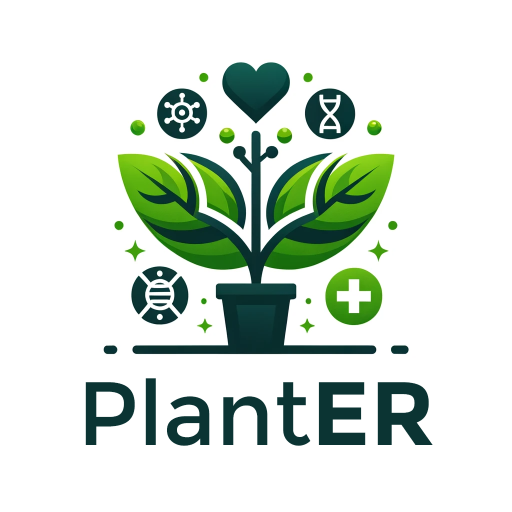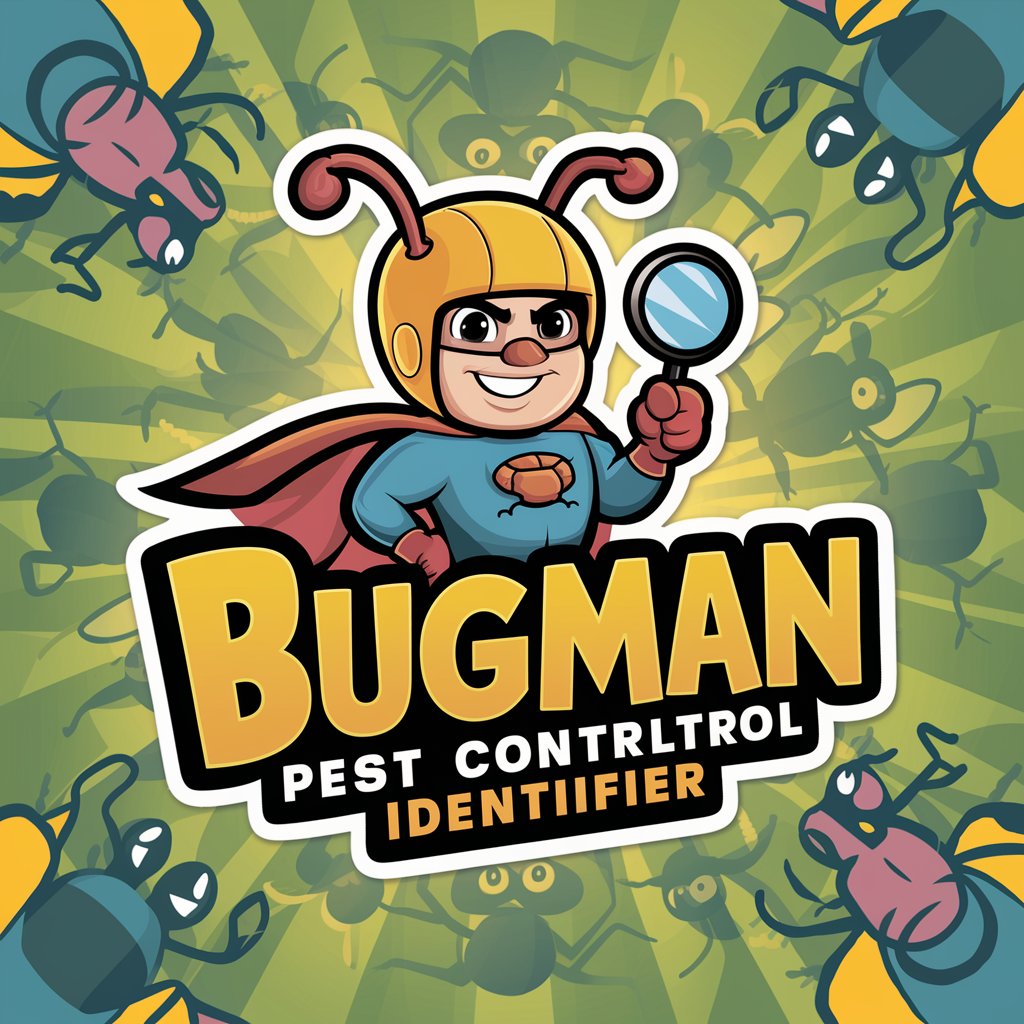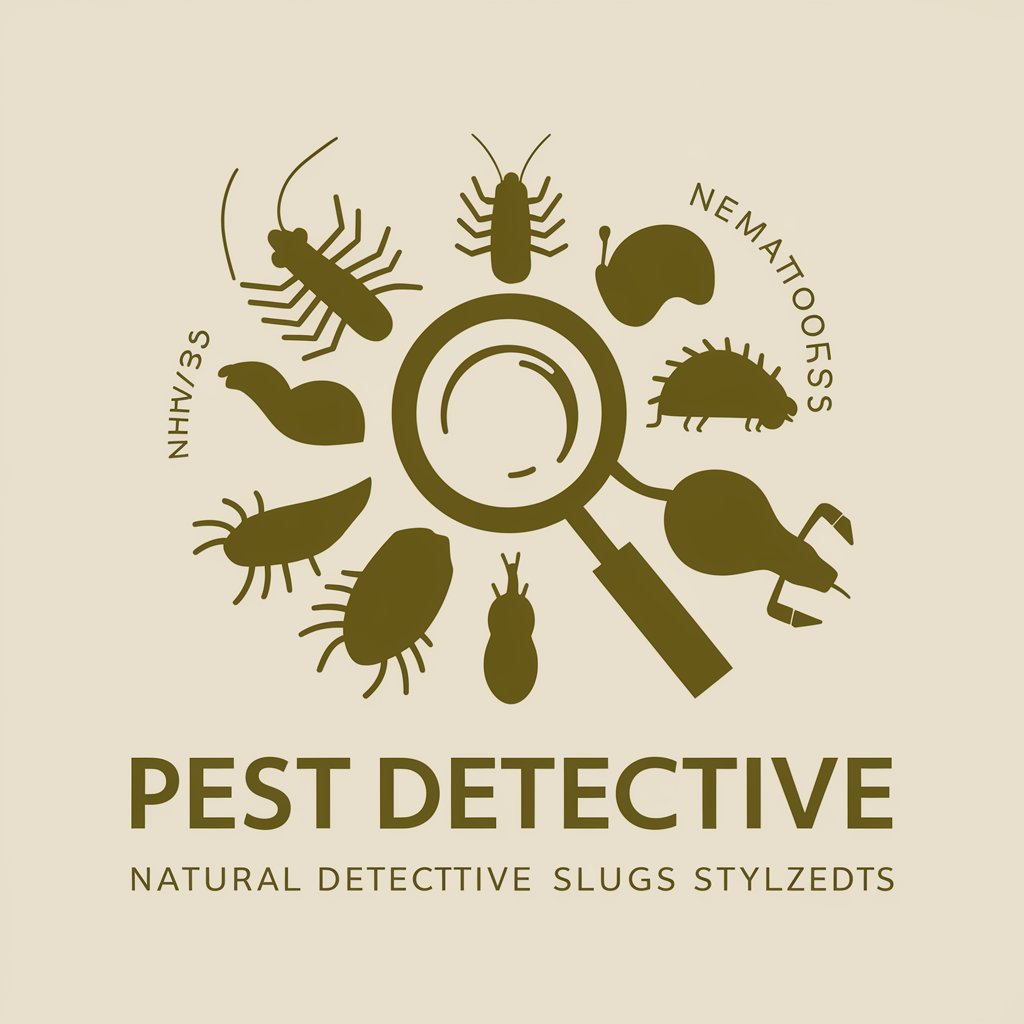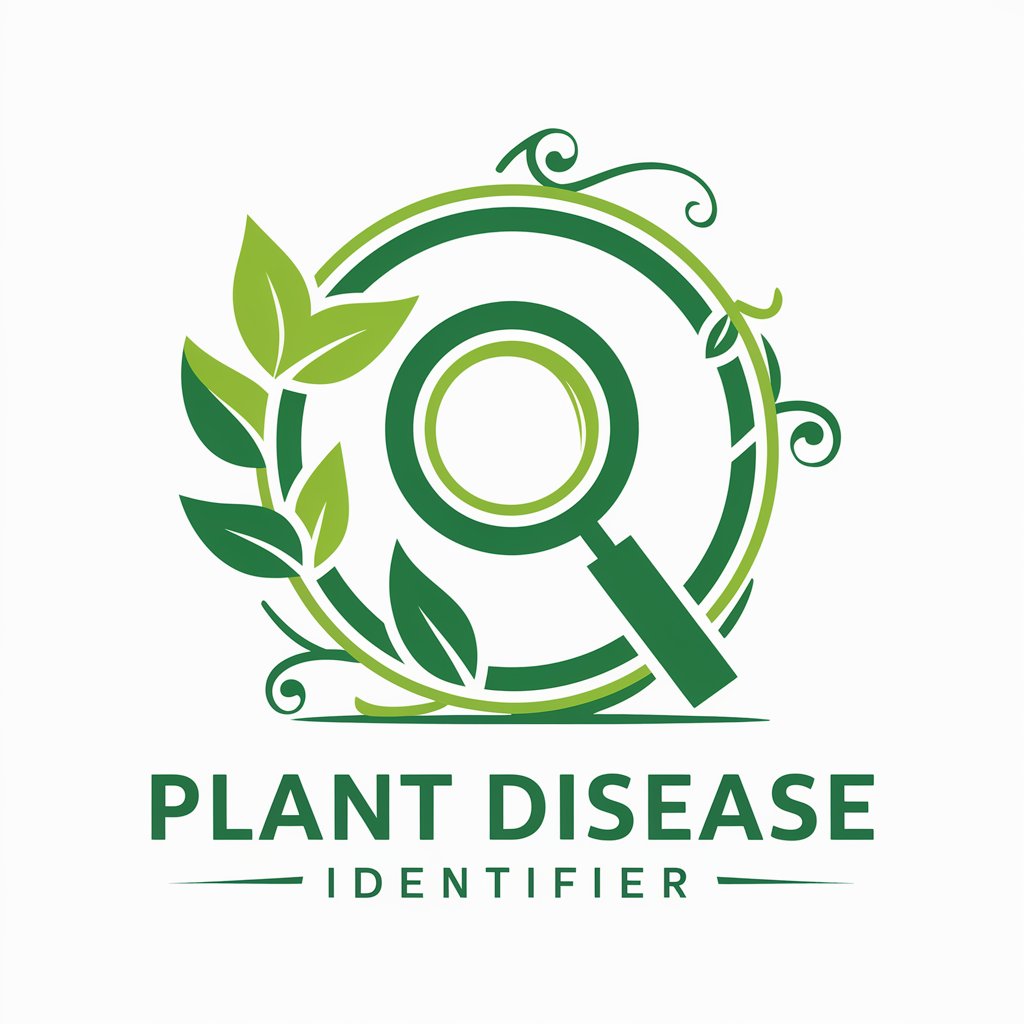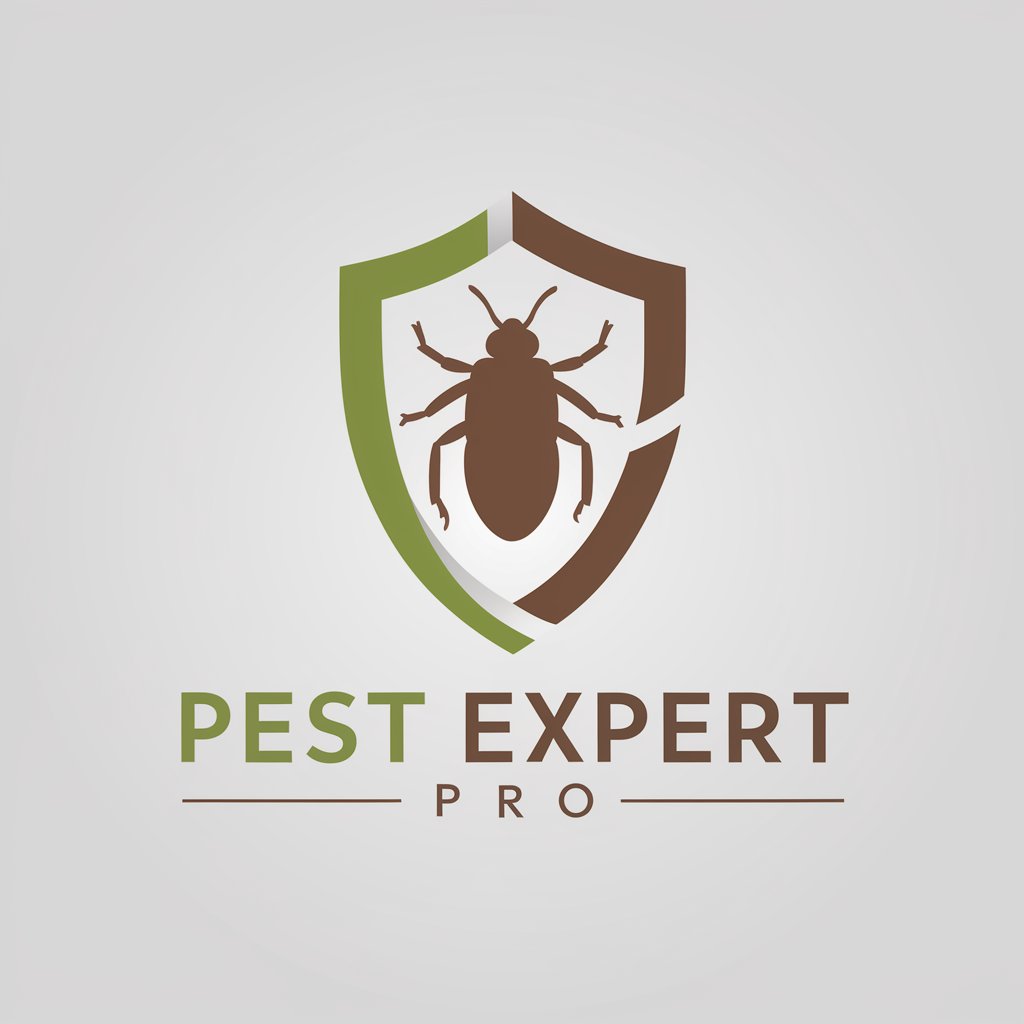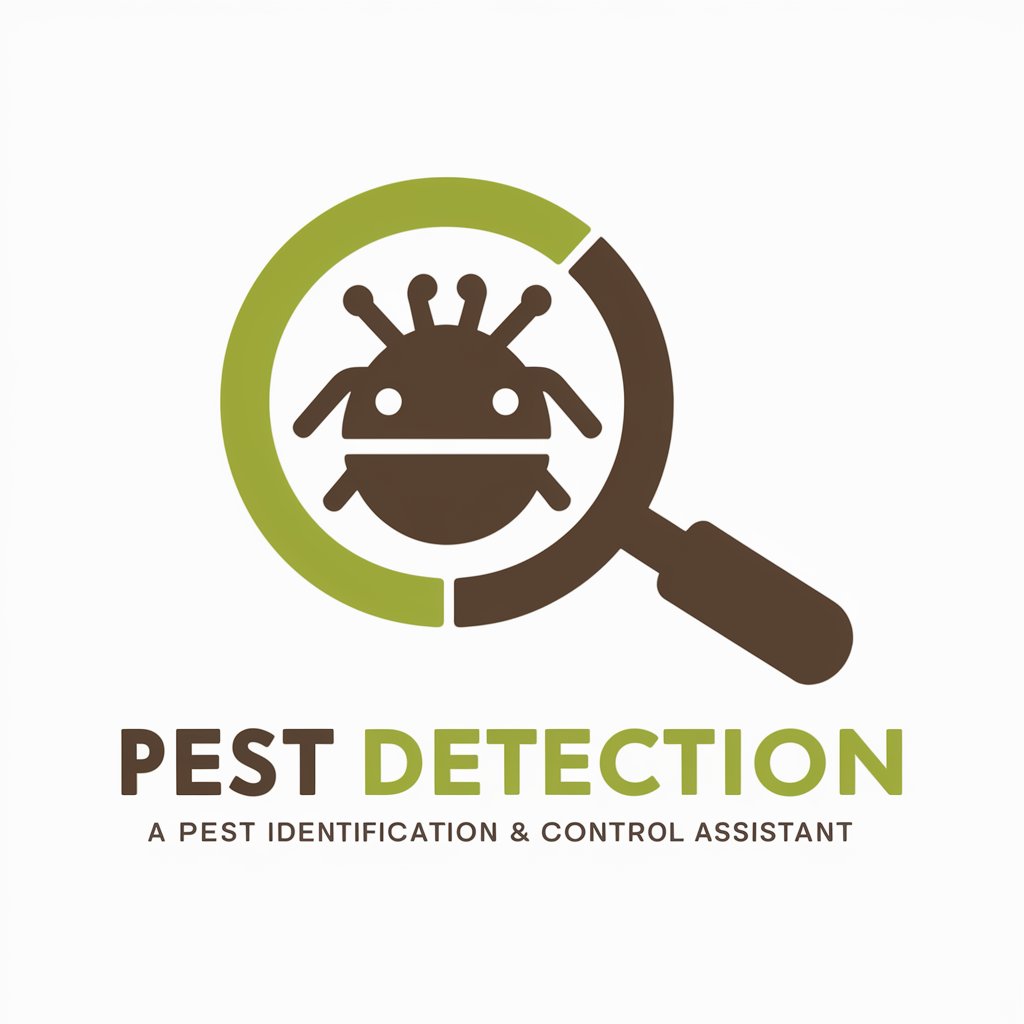
Plant Pests - Plant Pest Identification & Control
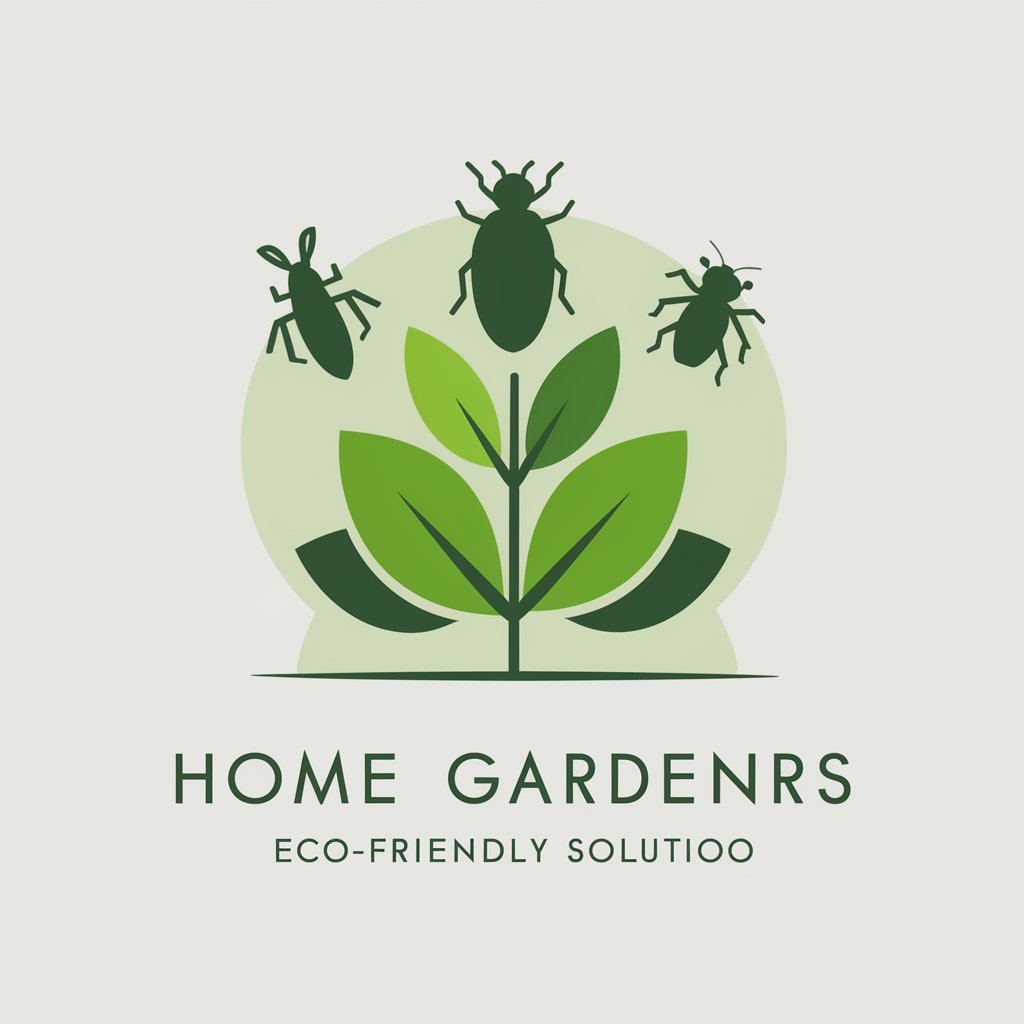
Welcome! Let's tackle your plant pest problems with eco-friendly solutions.
AI-powered Plant Pest Solutions
What are the best eco-friendly methods to manage aphids on rose bushes?
How can I identify and control spider mites on my indoor plants?
What are some natural predators for controlling whiteflies in my garden?
Can you suggest safe and effective treatments for dealing with scale insects on citrus trees?
Get Embed Code
Overview of Plant Pests GPT
The Plant Pests GPT is specifically designed to address issues related to garden and agricultural pests, offering a wide range of information and solutions for managing common and uncommon plant pests. Its core functionality revolves around identifying pests, providing insights into their life cycles, suggesting environmentally friendly pest control measures, and advising on preventive strategies to avoid future infestations. For example, if a gardener discovers aphids on their roses, Plant Pests can not only identify the pest based on the description or symptoms but also suggest a range of organic control measures such as introducing beneficial insects like ladybugs, or applying neem oil treatments. Powered by ChatGPT-4o。

Core Functions of Plant Pests GPT
Pest Identification
Example
Identifying aphids, spider mites, or Japanese beetles based on descriptions of the pests or the damage they cause.
Scenario
A user notices their plants are wilting and showing signs of damage. After describing the symptoms and perhaps sharing a photo, Plant Pests can identify the likely culprits and provide detailed information about them.
Pest Control Recommendations
Example
Recommending organic pesticides, cultural practices, or biological control methods to manage pests.
Scenario
Upon identifying that slugs are damaging a user's garden, Plant Pests suggests laying out beer traps, applying diatomaceous earth around plants, or introducing natural predators like nematodes.
Preventive Measures
Example
Advising on crop rotation, companion planting, and proper garden hygiene to prevent future pest outbreaks.
Scenario
To prevent aphid infestations, Plant Pests recommends planting garlic or chives among vulnerable crops as a natural deterrent, and encouraging the presence of beneficial insects.
Target User Groups for Plant Pests Services
Home Gardeners
Individuals who cultivate gardens for personal enjoyment or home consumption would greatly benefit from Plant Pests. They often encounter common pests and need effective, safe control methods that do not harm the environment or yield.
Organic Farmers
Farmers committed to organic practices require pest management solutions that comply with organic standards. Plant Pests provides advice on natural and biological control methods that are effective without the use of synthetic chemicals.
Horticulture Educators
Educators and extension agents need reliable, up-to-date information on pest management to teach others. Plant Pests serves as a resource for preparing educational materials and providing examples of pest control strategies.
Landscape Professionals
Professionals responsible for maintaining healthy landscapes, such as parks, public gardens, and urban green spaces, can utilize Plant Pests for identifying pests and suggesting management practices that are both effective and environmentally responsible.

How to Use Plant Pests
Start with a Visit
Access yeschat.ai for an introductory trial, no login or ChatGPT Plus subscription required.
Identify Your Pest
Prepare clear photos or descriptions of the pest or the damage it has caused to your plants.
Ask Your Question
Present your problem or query about plant pests directly, including any specifics about your situation.
Review the Suggestions
Consider the environmentally friendly and safe pest control solutions provided.
Apply Solutions
Implement the recommended strategies, monitoring the health of your plants and adjusting as necessary.
Try other advanced and practical GPTs
Kerio Control Solver
AI-powered Kerio Control Solutions

NEXTH - Vendas
Humane, AI-powered Bird Deterrence
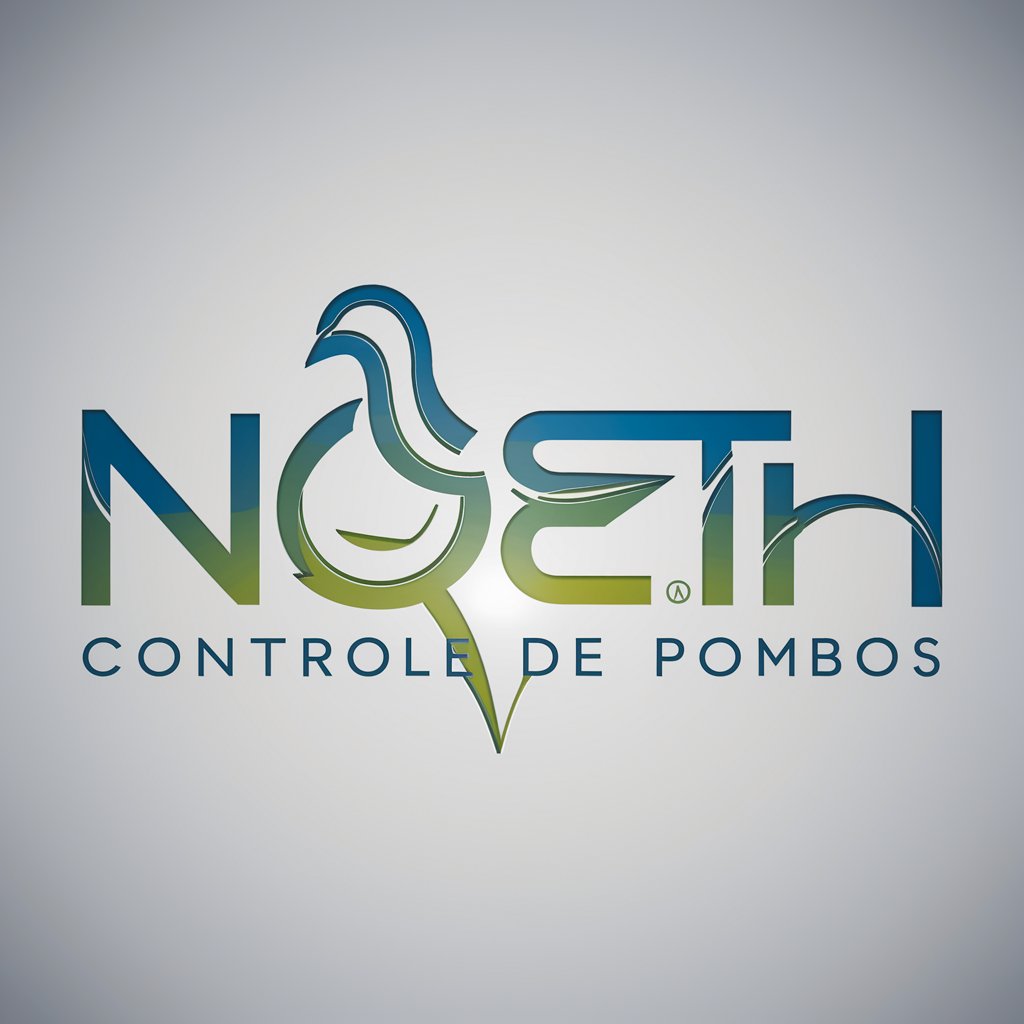
Pest Control
Empowering pest control with AI precision.
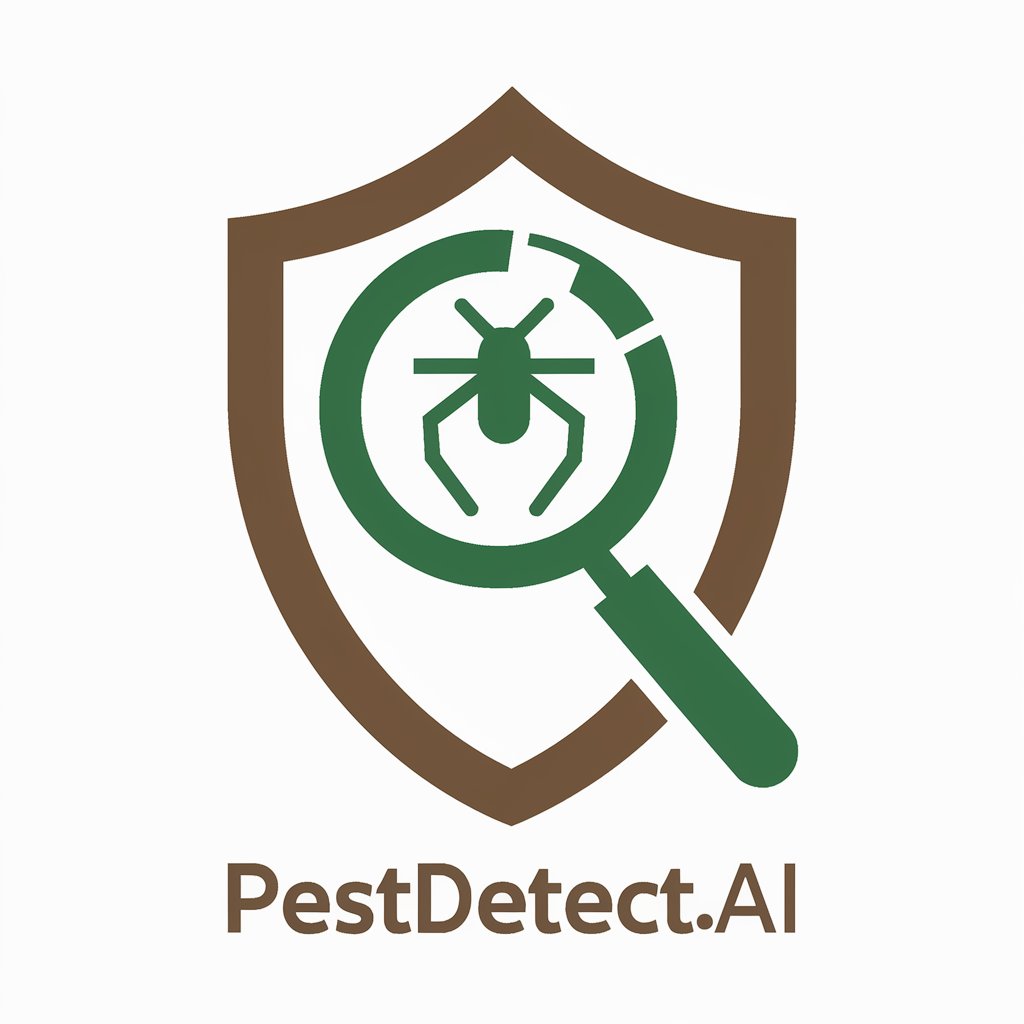
College Majors
Explore majors, fuel your future.

College Ranking
Empowering college decisions with AI

College Application
Empowering your college application journey with AI.

Flea & Tick
Empowering pest control with AI insights.
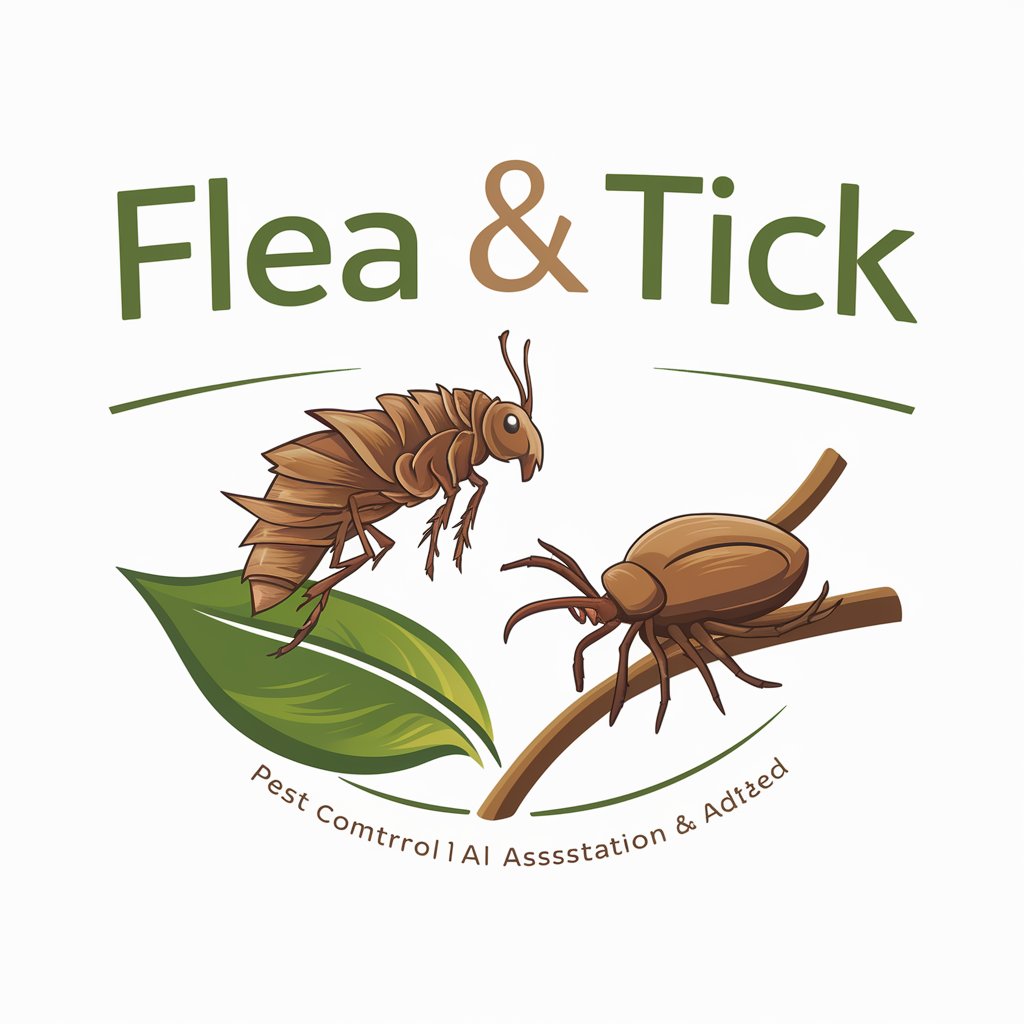
Termites
Smart Solutions for Termite Troubles
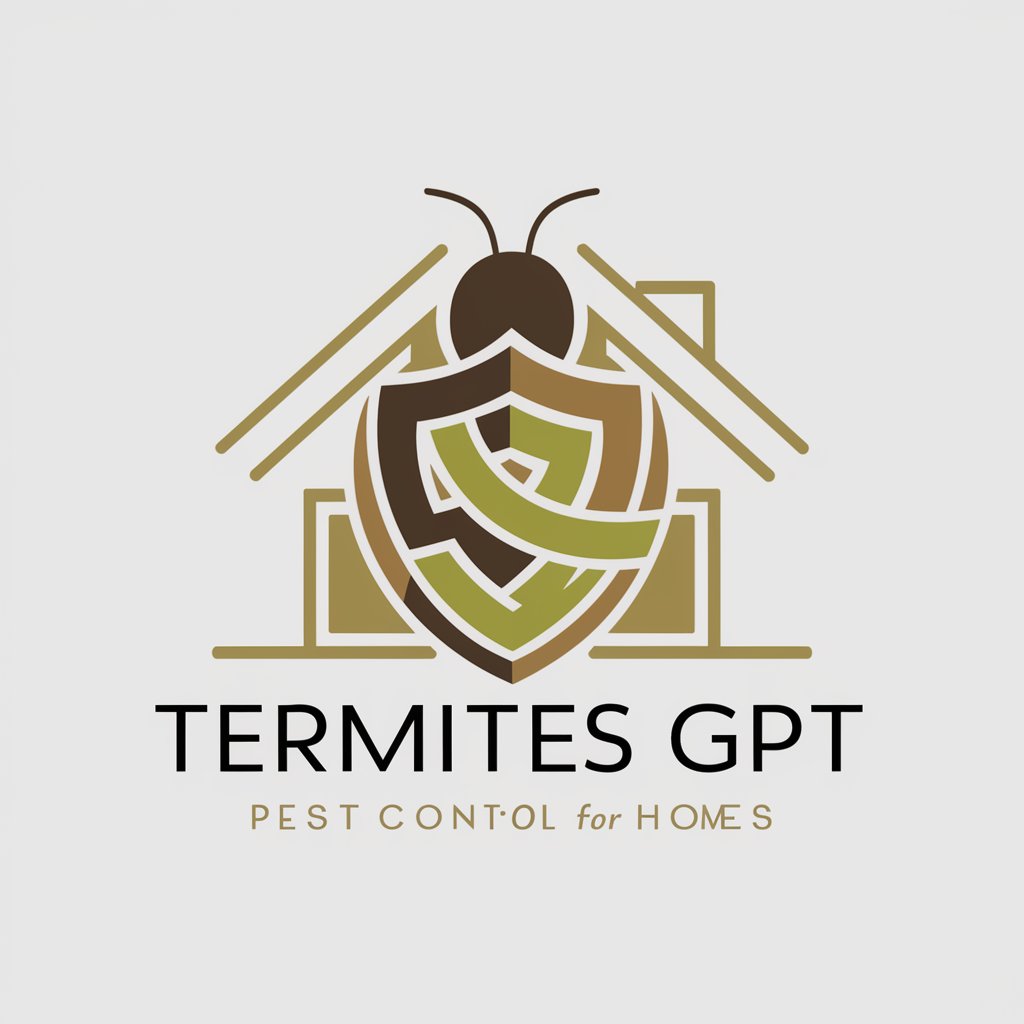
Fleas
Empowering flea control with AI
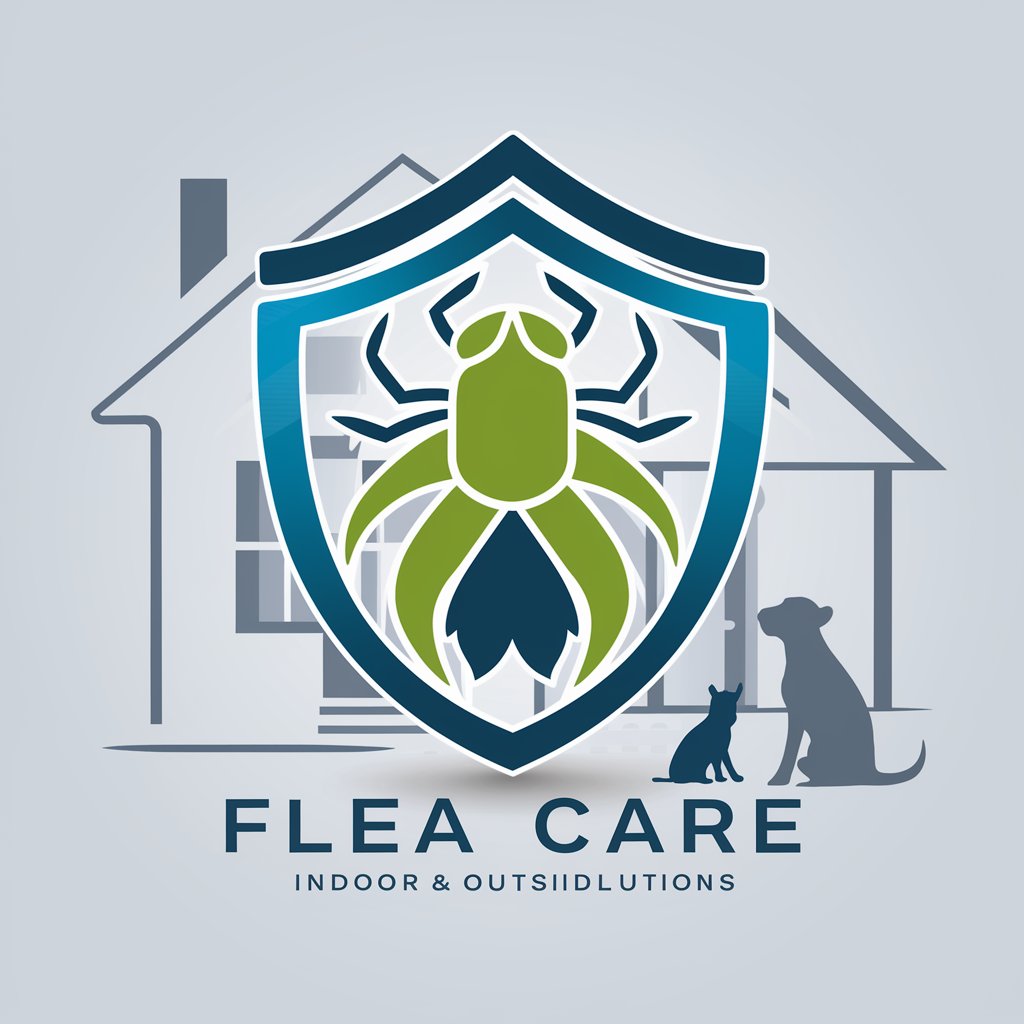
Termite
Empowering termite control with AI
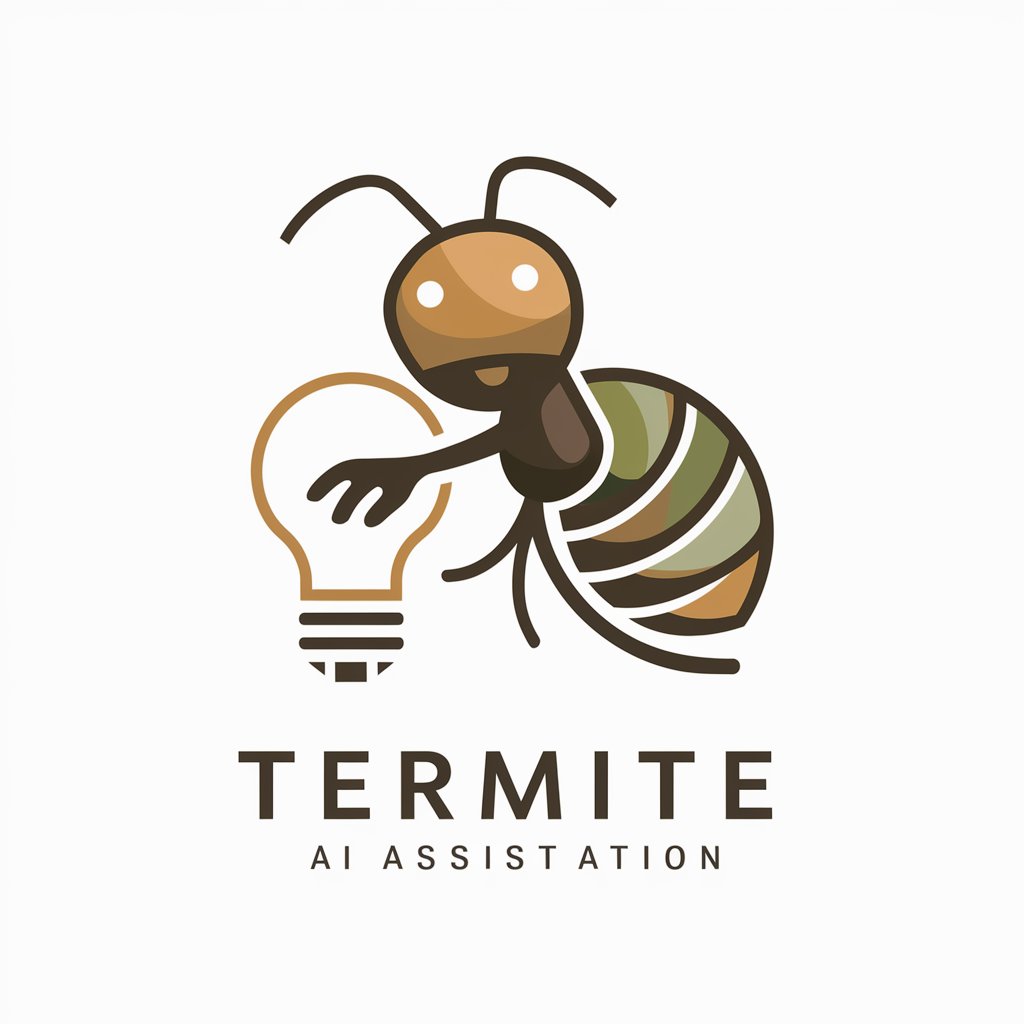
SGBuildGPT
Empowering Creation with AI

Friendly Ear
Empowering Insights for Personal Growth
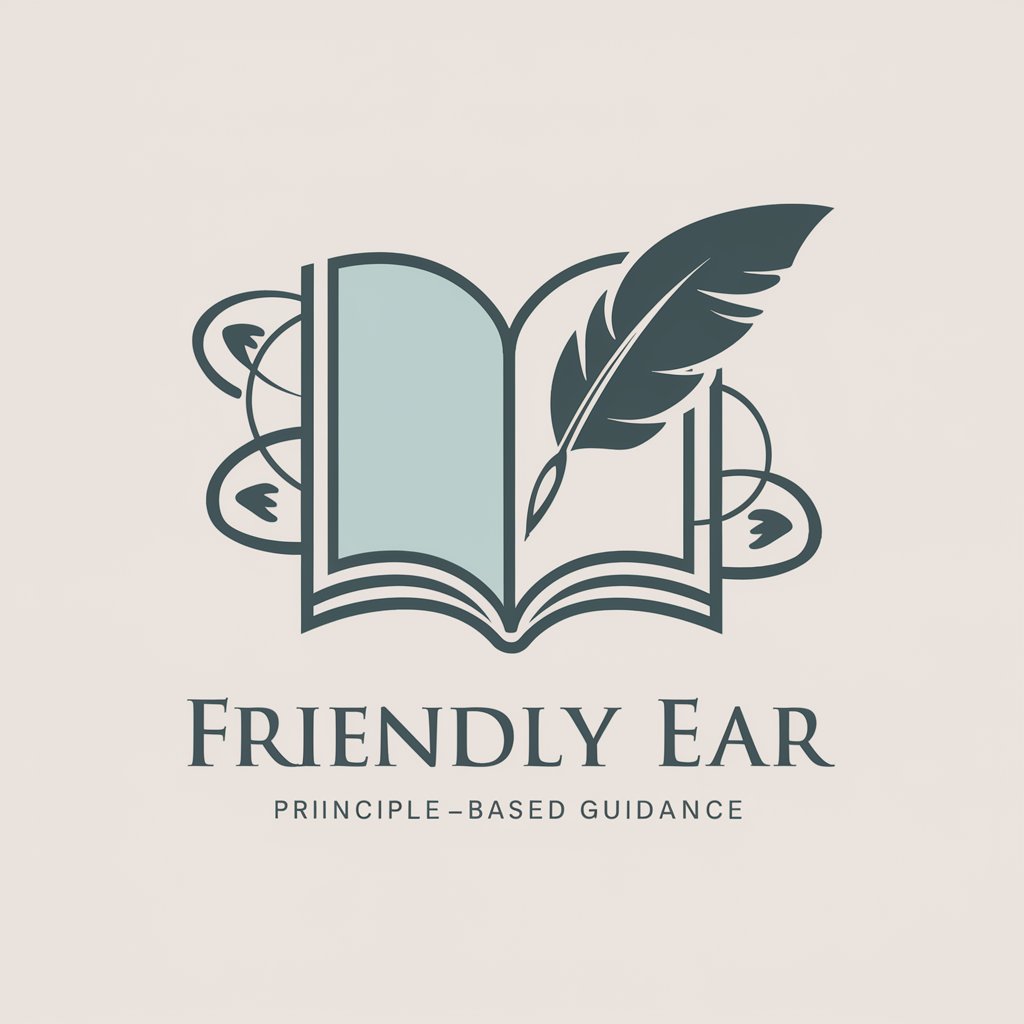
Detailed Q&A about Plant Pests
How can I identify aphids on my roses?
Aphids are small, pear-shaped pests that can be green, black, brown, or pink. They cluster on new growth and under leaves, often excreting a sticky substance called honeydew. Inspect your roses for these signs, especially during spring and early summer.
What's an effective, eco-friendly solution for snail control?
For eco-friendly snail control, consider hand-picking them in the evening or using barriers like copper strips around plant bases. Diatomaceous earth and beer traps are also effective, natural methods that harm neither the environment nor beneficial insects.
Can neem oil treat spider mite infestations?
Yes, neem oil is an effective, natural pesticide that can help control spider mites. It disrupts their life cycle without harming beneficial insects. Apply as a foliar spray, ensuring to cover both sides of leaves for best results.
How to prevent fungus gnats in houseplants?
Prevent fungus gnats by avoiding overwatering and allowing the top layer of soil to dry out between waterings. Use well-draining soil and consider adding a layer of sand or perlite to the surface to deter gnats from laying eggs.
What are signs of root rot in plants, and how can I treat it?
Signs of root rot include yellowing leaves, wilting, and stunted growth. To treat, remove the plant from its pot, trim away the rotted roots, and repot in fresh, well-draining soil. Ensure proper drainage and avoid overwatering.
